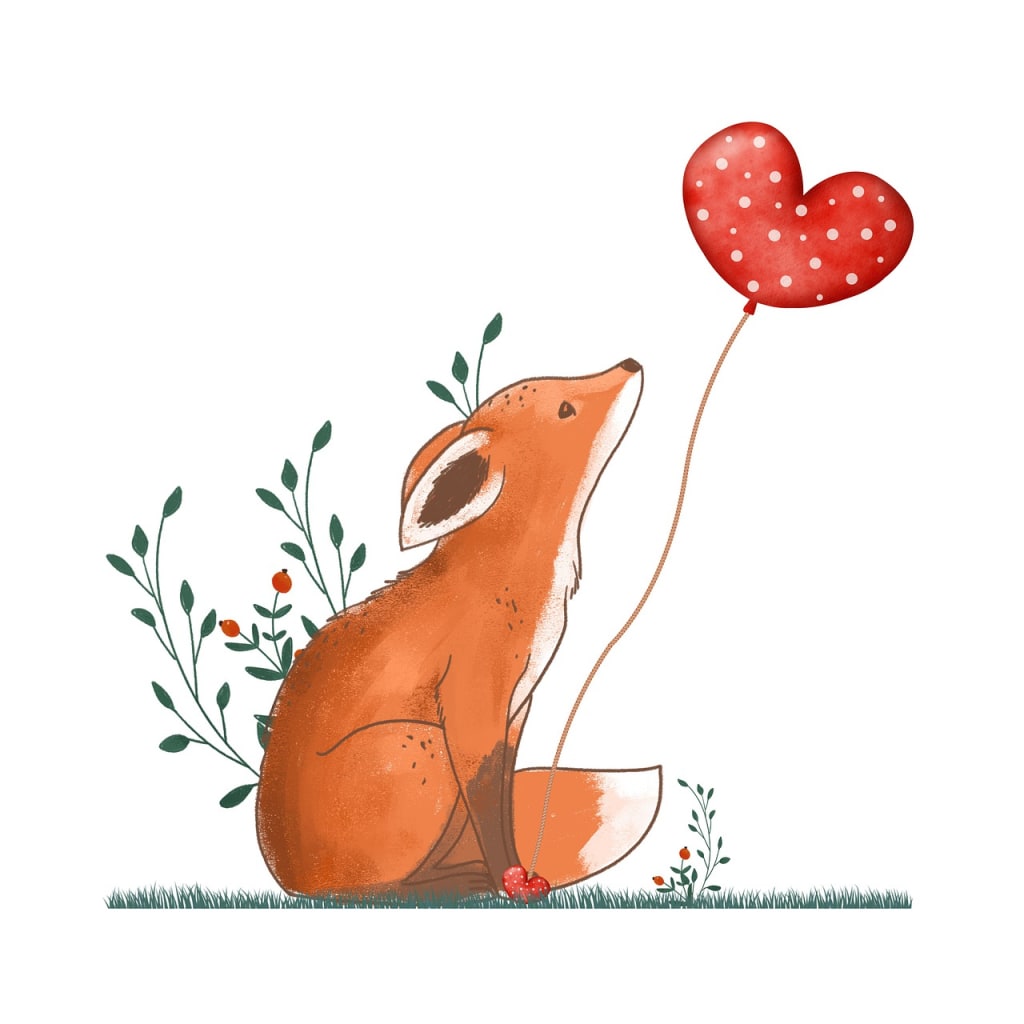The Power of Co-Regulation
Love is an Action

Have you ever witnessed an adult slowly rock themselves while alone? One can commonly see this rocking action in many people who are without homes and in stressed or abandoned animals. Though this behavior is often seen as crazy by larger society, it is merely an attempt to self-soothe and quiet an anxiety-ridden mind.
As infants, we emerge from the soft and warm womb of our mother, comforted by the rhythmic sound of her heartbeat, into a cold and often chaotic world. To make matters more unpleasant, as babies and small children, we are totally dependent on the reliable response of our caretakers and can merely scream in an attempt to get our own biological and emotional needs met. In good environments with supportive caregivers, a screaming child is picked up, swaddled, and rocked until the screams subside. Slowly, we apply the soothing and kind behaviors shown to us by our parents to ourselves to help us regulate our own emotions. Research demonstrates that most children learn to regulate their own emotions by the age of seven. Once they are learned, adults and teens can apply these self-soothing techniques to show compassion to a hurting friend, thereby forging deeper connections with those around them.
On the contrary, infants whose cries for affection were not reliably and consistently met by an emotionally mature caregiver were simply left to scream in an unfamiliar world. Moreover, they could not model any self-soothing techniques because none were shown to them. Unfortunately, some children were also demeaned and mocked by their parents for expressing themselves emotionally and, thus, have become adults who believe that expressing emotions is a weakness or somehow makes them unworthy of respect and love. These children often dissociate from their emotions. As adults, these people are often not only left struggling to self-soothe, but they also have difficulty identifying the cause of their distress.
Assisting the individual with self-soothing techniques, a process known as co-regulation, can aid people who struggle to self-sooth due to parental neglect or abandonment. Here are some steps on how to apply this technique with a close loved one:
(1) Demonstrate that you see the person’s distress.
(2) Encourage the individual to identify his or her feelings and connect them to an event. Remember “I don’t know” is an acceptable response.
(3) Show signs of active listening, such as looking into the person’s eyes (if they are comfortable with this), paraphrasing their feelings, and responding in a soothing voice.
(4) Suggest a relaxing or fun activity that you can do together to take them out of their distressed state. I suggest an activity that requires movement of both hands, such as playing a video game or drawing. There is a complex neurological reason behind this suggestion, but for the sake of simplicity, just know that this allows the stressed person to think rationally and reach a state of calmness. If both you and the distressed person are comfortable with this action, holding and rocking the individual can help as well.
Remember that co-regulation for another person is not co-dependency, and despite what some misguided voices may reiterate, it’s not babying the other person. On the contrary, it’s a reliable way to show love, compassion, and kindness to another person who is in distress.
Lastly, I will close by saying that it is very easy to say the words "I love you." Backing this claim with action, however, takes consistency and dedication. Love should be demonstrated to those around us, not because we have any misplaced pity, but because it is the bravest and most vulnerable action you can do.
About the Creator
Isabella Rose
I am a dedicated author with a passion for fiction. I own a joint business with my amazingly talented co-writer and poet, Raven Black.






Comments (6)
Nice
Hello my Morbid Friend. Just wanted to check in on you as you've been missing for a few days. Hope everything is okay. Merry Christmas! 🥰🥰🥰🥰🥰
title is just "wow" and the story too
I am that person who tends to rock myself when anxious. Thank you for sharing this - helped me identify and also helps in communicating what I need with my loved ones.
A great article was wonderful details on how to help someone. Thank you for sharing.
My dear sweet morbid friend, thank you so much for writing this. It makes me feel seen, makes what I feel valid and makes me feel less alone. I'm not too good at self soothing and sometimes have trouble identifying the cause of my distress. I just feel everything so intensely and it overwhelms me so much to the point I don't know how to process my emotions. I'm good at co-regulating and I've done that so many times for so many people but there's no one to do that for me. So I just try my best to self soothe.